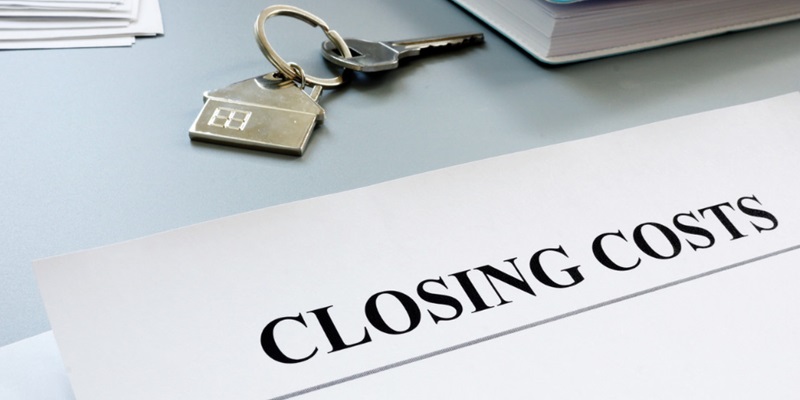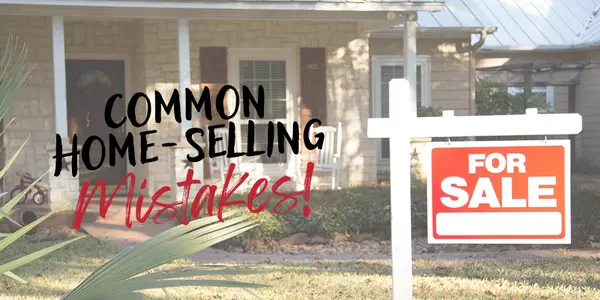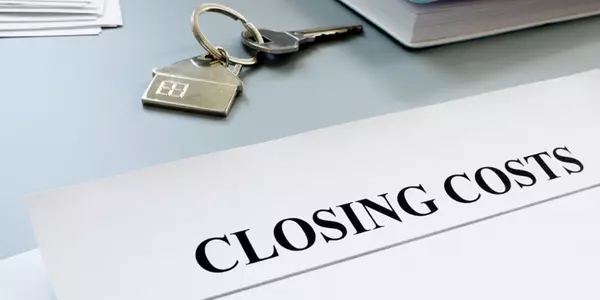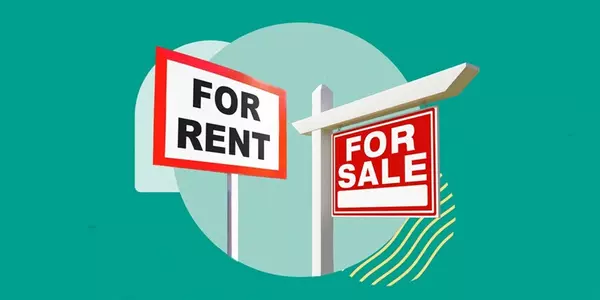The Ohio Home Buyer’s Guide to Closing Costs


So, you’ve finally found your dream home in Ohio. You’ve gone through the negotiation process, secured your mortgage, and are ready to close the deal. But wait—there’s one more hurdle: closing costs. Many first-time buyers are surprised by how much these final expenses add up but understanding them is crucial. Let’s break down what closing costs are, how much you can expect to pay, and even how you might get the seller to cover some of these costs.
What Are Closing Costs?
Closing costs are the fees and expenses associated with finalizing a real estate transaction. They cover a wide range of services, from loan origination fees to property taxes, and are due at the time of closing, when the property officially changes hands. As a buyer, it’s important to prepare for these costs because they can add up quickly. Here's a breakdown of the most common costs you can expect when buying a home in the Buckeye State.
- Loan Origination Fees
This fee is charged by your lender for processing your loan application. It typically ranges from 0.5% to 1% of the loan amount. Think of it as the bank’s way of covering the cost of underwriting your loan and preparing your documents.
- Title Search and Title Insurance
A title search is essential in confirming that the property you’re buying has a free and clear deed—meaning no one else can claim ownership. Title insurance protects you and your lender from any future legal issues regarding the property’s title. This cost can range from a few hundred to over a thousand dollars, depending on the home’s value.
- Appraisal Fees
Lenders require a home appraisal to ensure the property is worth the amount it’s being purchased for. In Ohio, appraisal fees usually range from $300 to $700. This cost ensures that you're not overpaying for the home and that the bank isn’t lending more than the house is worth.
- Escrow Fees
These fees go to the third-party escrow company that manages the transaction’s financial aspects, ensuring all parties get paid. Escrow fees typically range from $500 to $1,000, depending on the complexity of the transaction.
- Recording Fees
Recording fees are charged by your local government to update public land records with the new ownership details. This cost is usually relatively low, averaging between $50 and $100.
- Transfer Taxes
In Ohio, transfer taxes are applied when the property changes hands. These taxes are generally based on the home’s sale price and vary by county, usually coming in at around $2 to $4 per $1,000 of the sale price.
- Prepaid Costs: Property Taxes and Homeowner’s Insurance
In addition to regular closing costs, you’ll need to prepay some costs like property taxes and homeowner’s insurance. These prepaid items are typically placed into an escrow account, where they’ll be paid on your behalf.
How Much Are Closing Costs in Ohio?
Closing costs in Ohio generally range between 2% and 5% of the home’s purchase price. So, for a $200,000 home, you could be looking at $4,000 to $10,000 in closing costs. This is a significant amount of money, and that’s why many buyers are encouraged to budget beyond the down payment.
Can You Negotiate Closing Costs?
Good news! Many closing costs are negotiable. Some lenders and title companies may reduce their fees or offer discounts if you use their preferred partners or other services. It’s always worth asking your lender or title company for potential savings or credits.
Asking the Seller to Pay for Closing Costs
Another way to reduce your out-of-pocket expenses is to ask the seller to cover a portion, or all, of your closing costs (often referred to as seller concessions). In Ohio, it’s not uncommon for sellers to agree to this, especially in a buyer's market. This request can be made during the negotiation phase and written into the purchase agreement. While not guaranteed, having the seller pay some or all the closing costs could save you thousands.
Why Planning for Closing Costs Is Important
Closing costs are often overlooked by first-time home buyers, but failing to budget for them could lead to financial stress. It’s important to know what to expect so you can plan accordingly. By understanding these costs upfront, you’ll avoid any unpleasant surprises on closing day.
Conclusion: Be Prepared for the Final Step
Buying a home in Ohio is an exciting journey, but it’s crucial to be prepared for closing costs. While they can add up, you do have options to reduce or even avoid paying some of these fees. Whether you negotiate with your lender or ask the seller for help, planning ahead will ensure a smoother closing process. Remember, this is an expense you may be able to get the seller to cover, so don’t be afraid to ask!
FAQs About Closing Costs in Ohio
- Is it beneficial to shop for lenders? Absolutely! Shopping around for lenders can help you save on closing costs, as different lenders may offer varying interest rates, fees, and loan terms. Comparing offers can lead to lower upfront and long-term costs.
- Are closing costs tax-deductible? Generally, closing costs are not tax-deductible. However, some components, like mortgage interest and property taxes, may be deductible.
- Can I get a gift from someone to cover closing costs? Yes, many loan programs allow you to receive a gift from family members to cover some or all of your closing costs. Just be sure to provide a gift letter to your lender, which verifies that the money is a gift and not a loan.
- How do I estimate my closing costs? Your lender will provide you with a Loan Estimate and/or a closing cost worksheet, which gives an approximation of the total closing costs based on your loan amount and property details.
- Do sellers in Ohio usually pay closing costs? Sellers in Ohio don’t typically cover all closing costs, but they may agree to pay a portion during negotiations, especially in a buyer’s market.
Categories
Recent Posts






"My job is to find and attract mastery-based agents to the office, protect the culture, and make sure everyone is happy! "